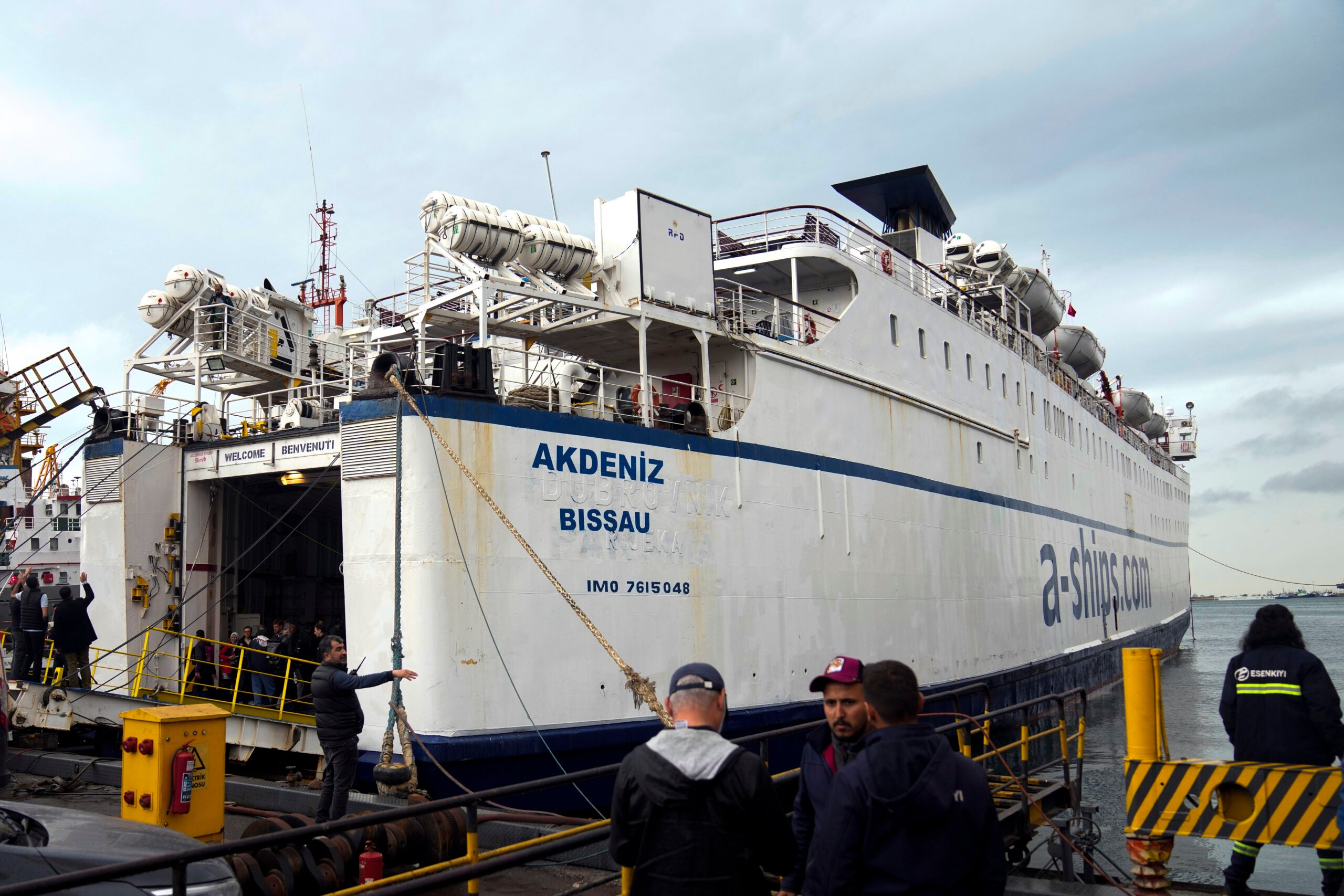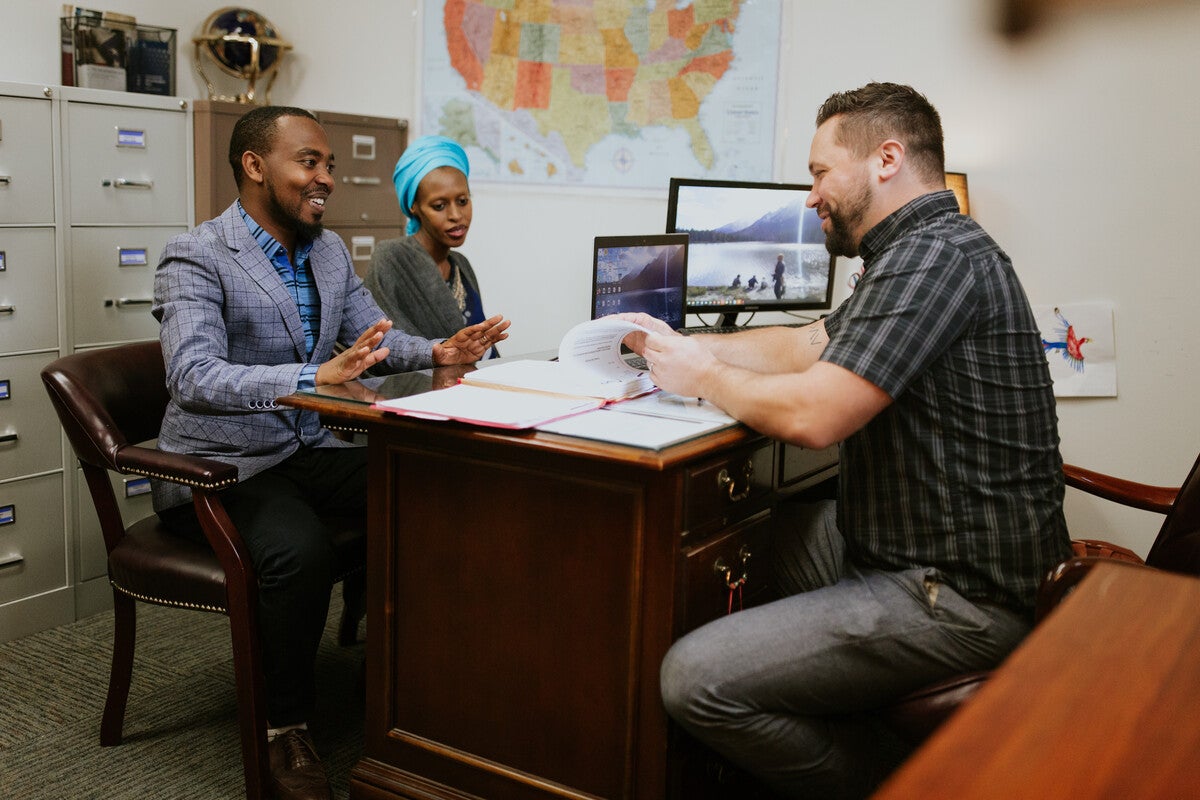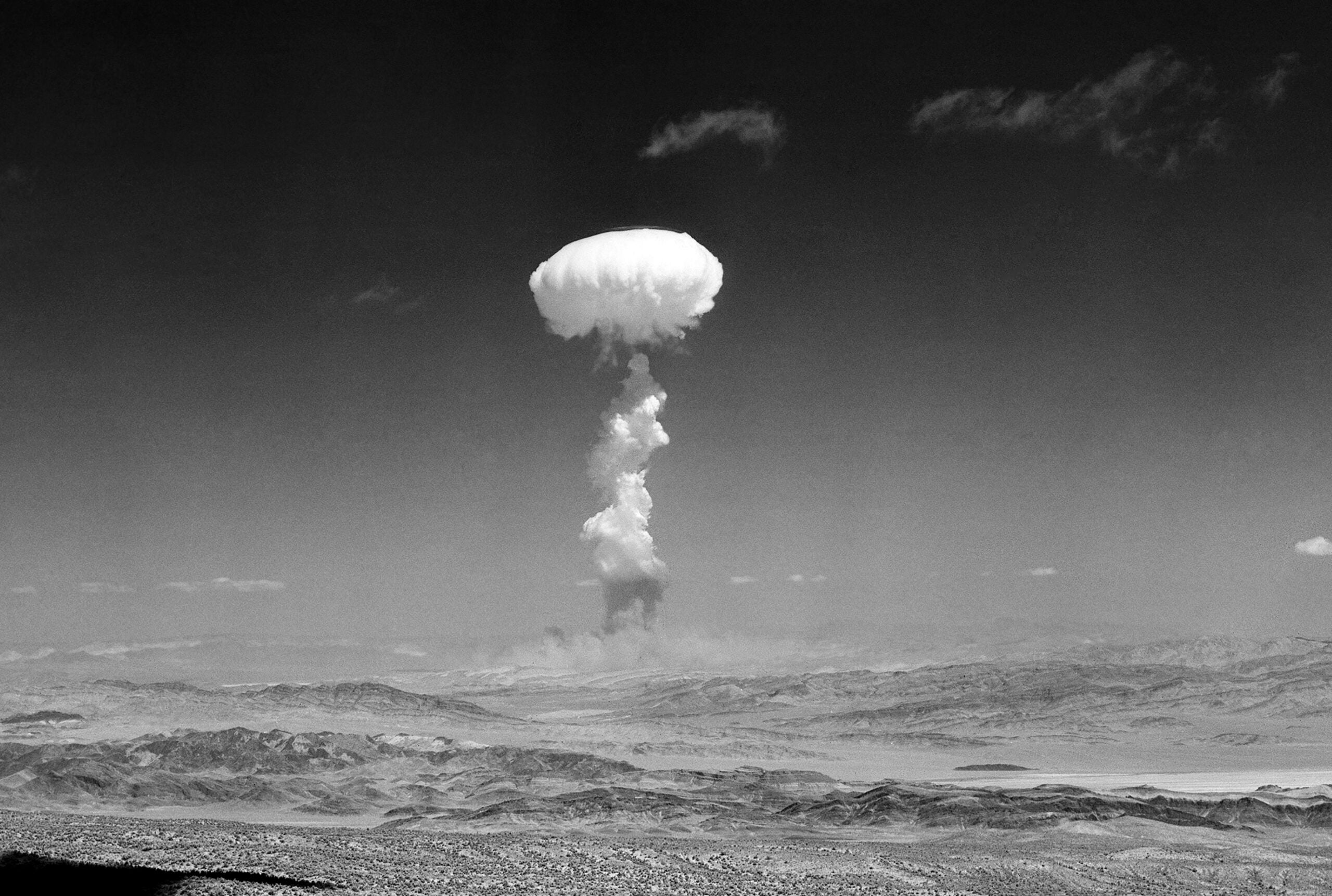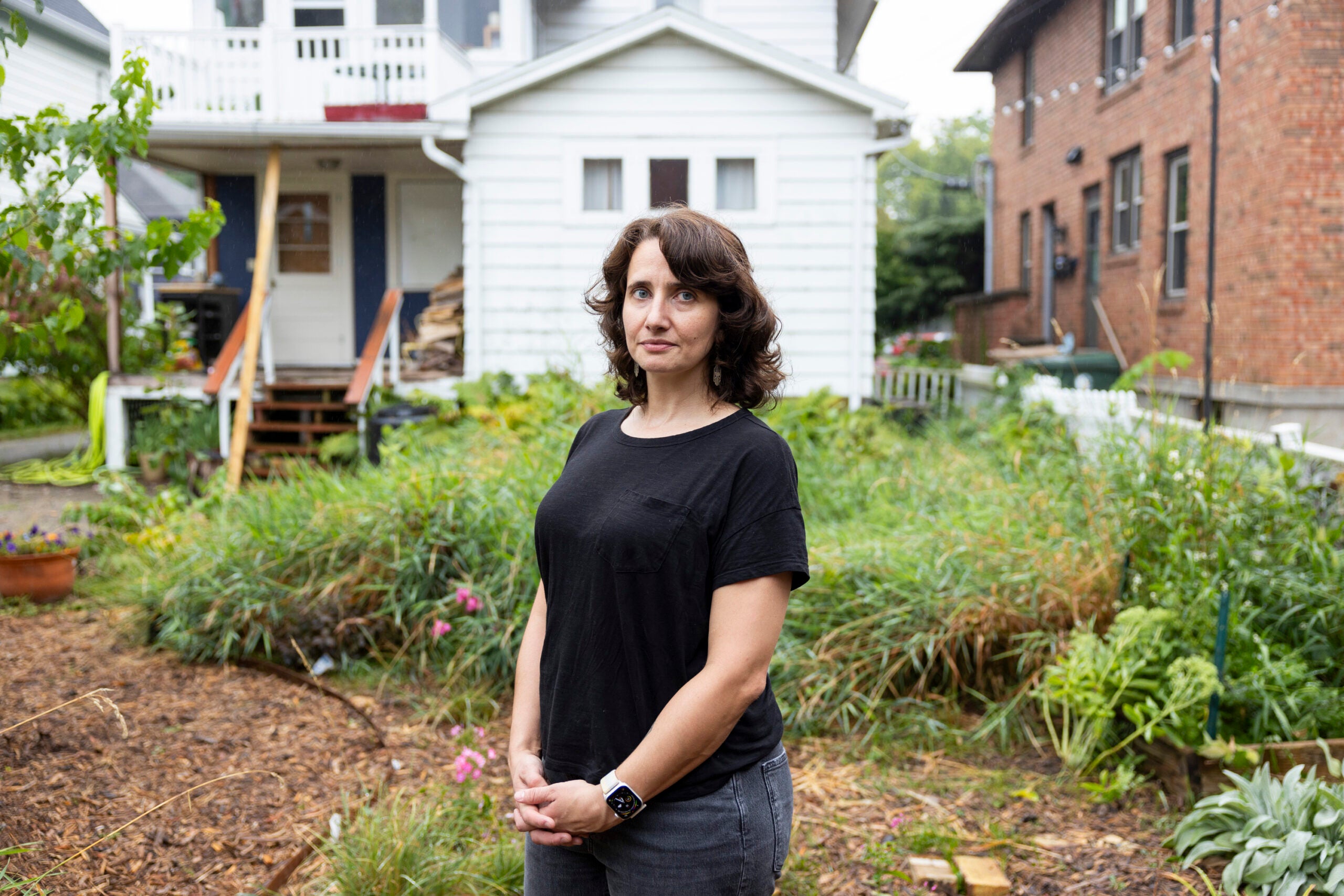Wisconsin-based human rights activist Cassandra Dixon was all set to accompany a cargo ship carrying 5,000 tons of humanitarian aid to Palestinians last month.
Dixon planned to board a passenger vessel docked in Istanbul and was ready to join the cargo ship through the international group Freedom Flotilla Coalition. She was part of a group of nearly 1,000 volunteers including doctors, lawyers and journalists from over 30 countries.
The cargo ship, named Akdeniz, passed multiple inspections. But before it could officially depart for the Gaza Strip, the nation of Guinea-Bissau removed its flag in a move the coalition called “highly unusual” and “blatantly political.” Ships sailing in international waters are required to be registered with a country.
News with a little more humanity
WPR’s “Wisconsin Today” newsletter keeps you connected to the state you love without feeling overwhelmed. No paywall. No agenda. No corporate filter.
“People were devastated,” Dixon said. “It seemed within reach to deliver the aid, so it was heartbreaking not to be able to.”
In a recent interview on “Wisconsin Today,” Dixon said the aid included food and medical supplies that would provide life-saving support to Palestinians who are facing starvation as the war in Gaza continues.
A Turkish organization serving as the primary agency trying to transport this aid is re-routing the supplies from the Akdeniz by land instead of water. Thousands of trucks containing humanitarian aid are lined up at the Egypt–Gaza border awaiting the clearance to make land deliveries.
Volunteers were sent back to their home countries, so Dixon is back in Wisconsin awaiting a resolution. And she said the wait now is heartbreaking. Recently, she watched videos of truck drivers pleading for the outside world to put pressure on Israel to open the border crossing. Some of the trucks had perishable aid that was perishing.
“It’s just 10 minutes away from people who are actually starving (and) in need of that food right now,” she said.
Dixon has spent years working on human rights missions
Before getting involved with humanitarian aid, Dixon thought she would lead a quiet life.
“Left to my own devices, I’d be alone in the woods,” she said with a laugh.
For 30 years, Dixon has lived as a volunteer resident in a Catholic worker house in the Wisconsin Dells. She also runs a residential carpentry business in Madison named after her two kids.
But starting in 2006, Dixon began traveling to the West Bank to support Palestinian families affected by occupation.
For many years, she worked with local villages as a human rights observer. She participated in an international accompaniment program where she would walk with children to school to ensure their safety.
“There are kids who I walked to school who were little kids then. They’re young adults now — getting married and trying to start families,” Dixon said. “For me, all of that has caused me to see the effects of the occupation on human lives.”
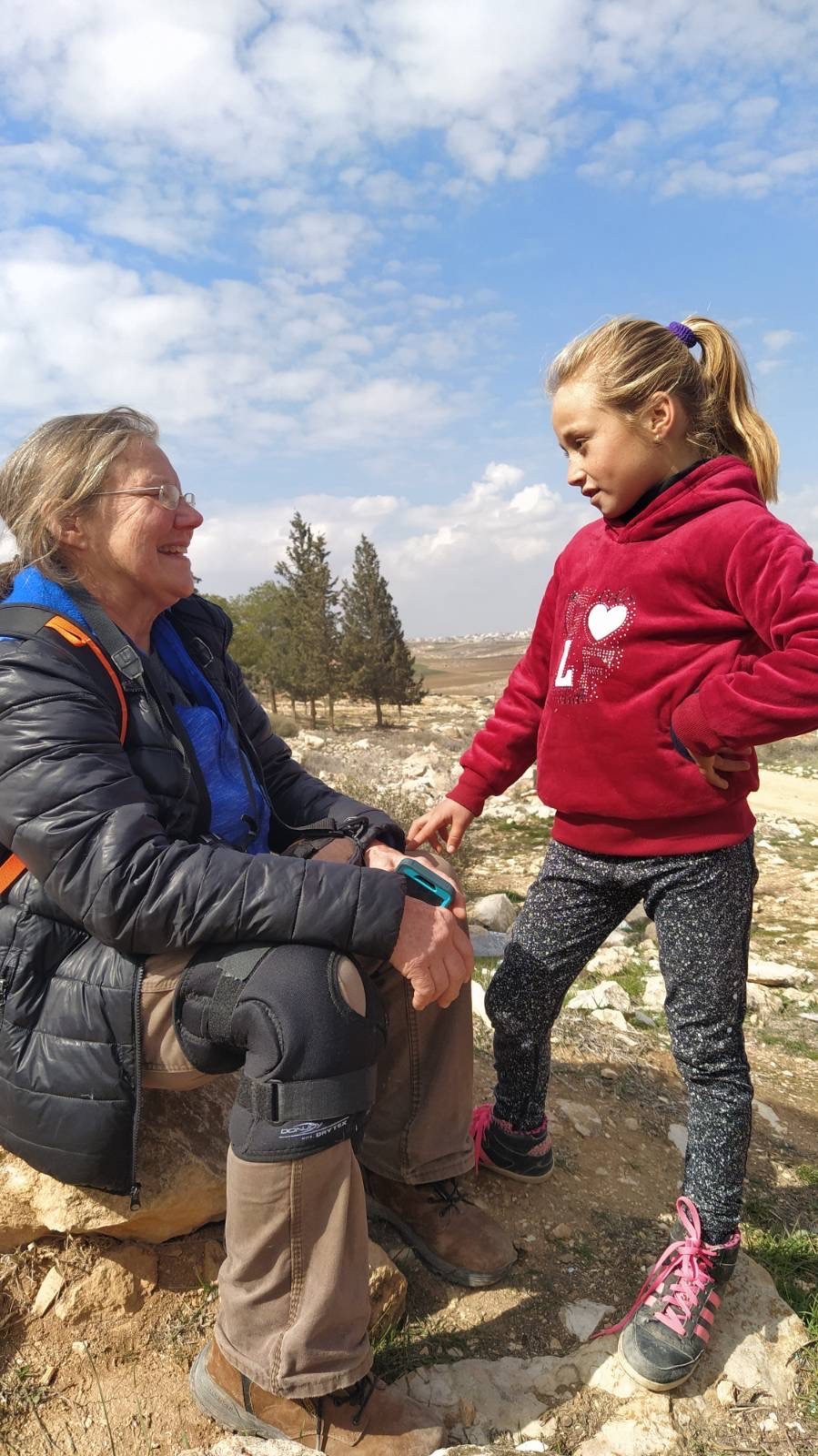
Dixon said Israel’s blockade has been “a stranglehold on the people of Gaza for many, many years.” Among other things, the blockade prevents Palestinians from importing or exporting goods.
“It’s hard to imagine a country sustaining life like that,” she said.
In addition to working as an international volunteer, Dixon is part of a group called the Madison-Rafah Sister City Project. She said the original idea was to become official sister cities, but Madison’s city council ultimately rejected the proposal.
However, the Madison-based organization has undertaken a number of humanitarian projects in Rafah and the surrounding area over the years. Those projects include bringing water filters to schools, establishing mental health programs for children and helping Palestinians sell products like embroidered crafts and handmade soap to a Madison market.
To Dixon, she feels devastated that the group cannot visit Rafah and that the people in Rafah — including students — cannot visit Madison and have the cultural exchange typical for most sister cities. She said U.S. Rep. Mark Pocan has been a proponent of this sister city project but cannot enter Gaza himself, either.
The war has also ruined a lot of the group’s other efforts to help Palestinians, she said.
“Sadly, at this point all of the humanitarian things that we’ve funded over the years have been destroyed,” Dixon said.
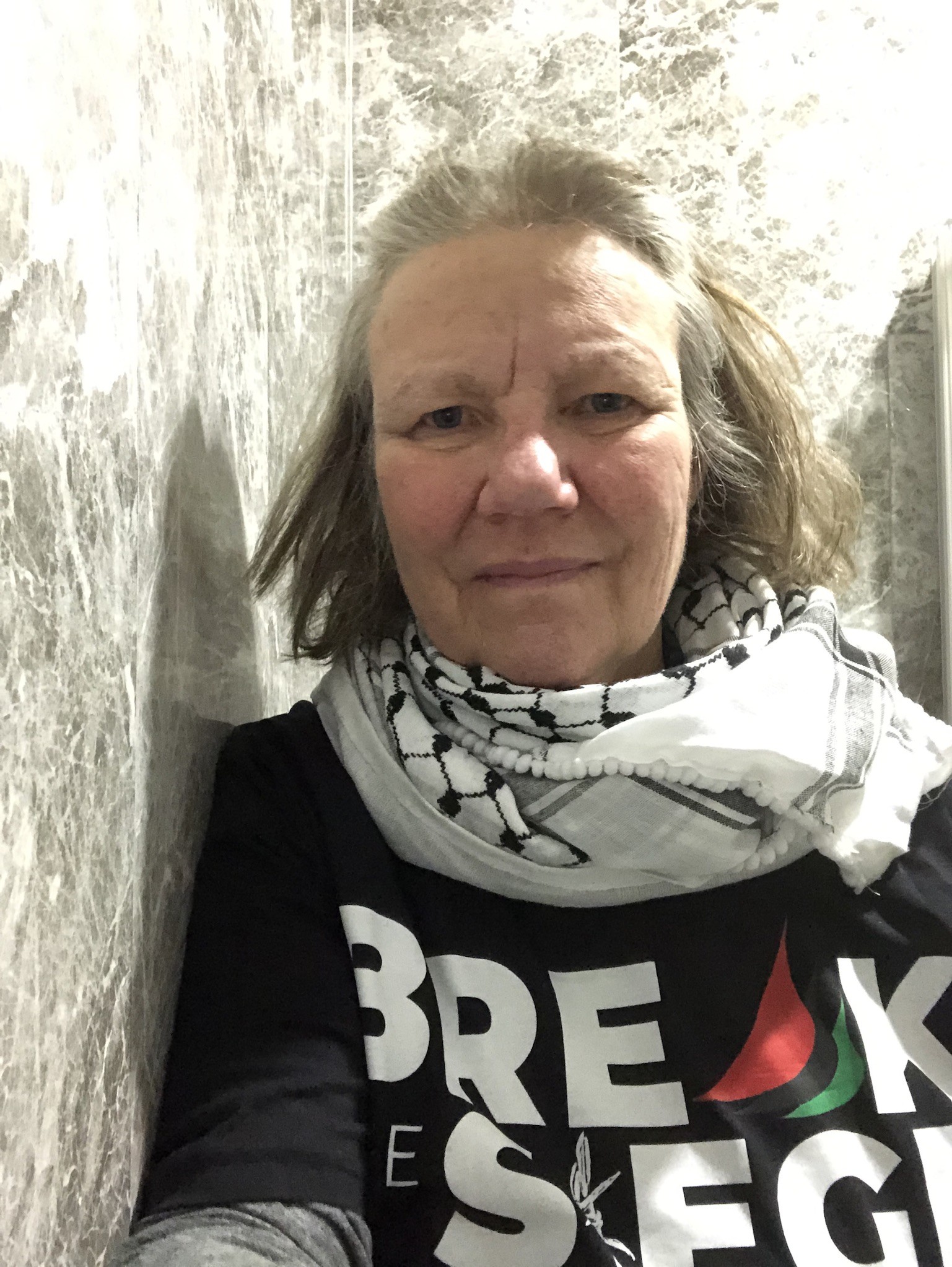
Opening more routes for humanitarian aid to enter Palestine
Earlier this month, the U.S. military announced that they finished construction on a floating pier that would allow more aid to flow into Palestine.
While military leaders see the pier as a step in the right direction, Dixon believes it’s a “huge distraction.” She said that if “there was a sincere longing to allow aid in,” a land crossing across the Rafah border would be more effective.
“I sincerely hope that that aid reaches people” through the pier, Dixon said. “But we also need for the Biden administration to insist that Israel reopen the land crossing and allow the freight trucks that are standing there to go in.”
Dixon believes that rallying around letting aid into the Gaza Strip should be a bipartisan issue.
“We need people to call the White House and say we’re appalled that this aid is not getting in,” she said.
It’s been difficult for her and other human rights activists who are waiting on governmental action to lift the blockade so aid can enter Palestine.
“For all of us, it’s so heartbreaking that we keep doing all of this, and every 10 minutes another child dies there,” she said.

